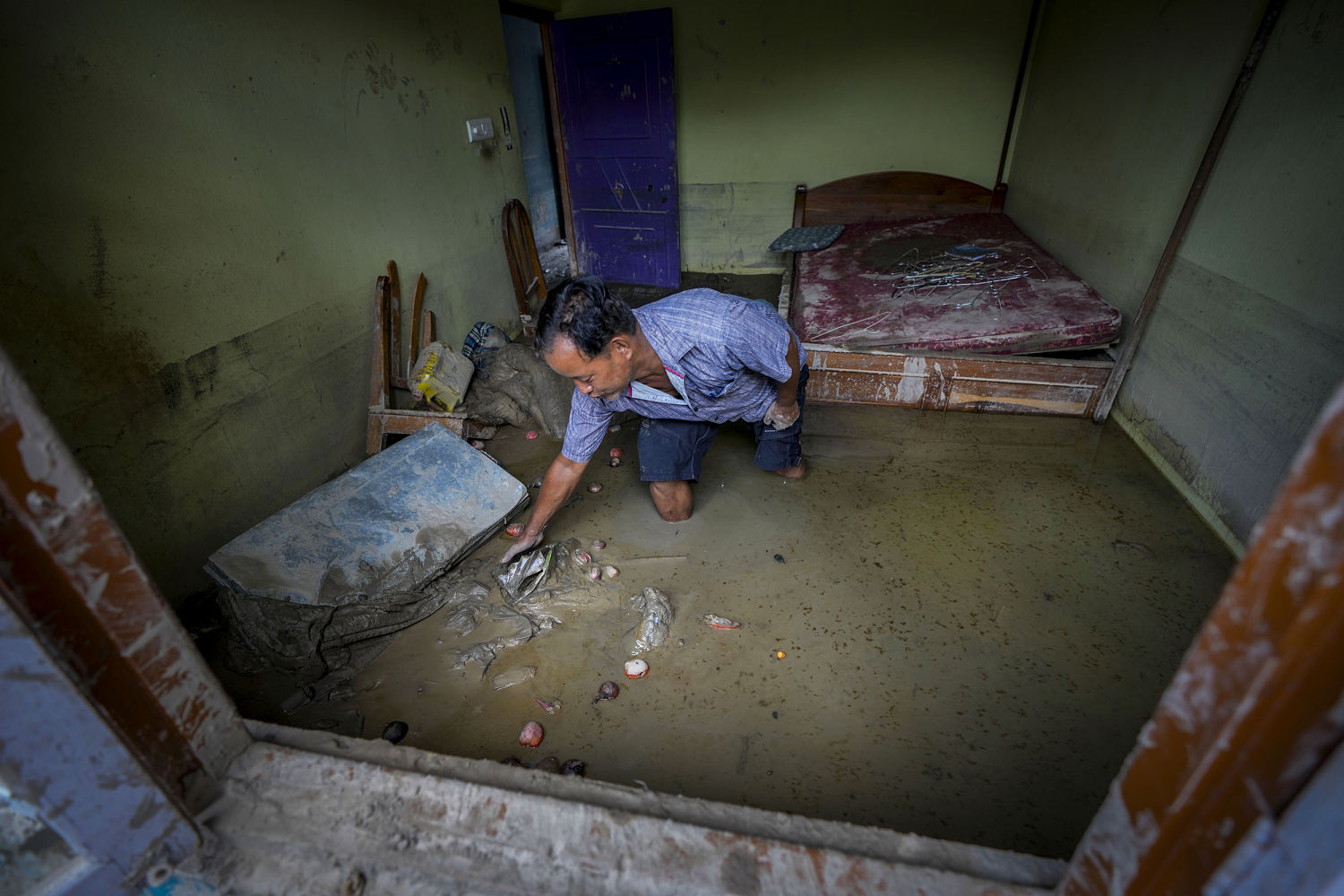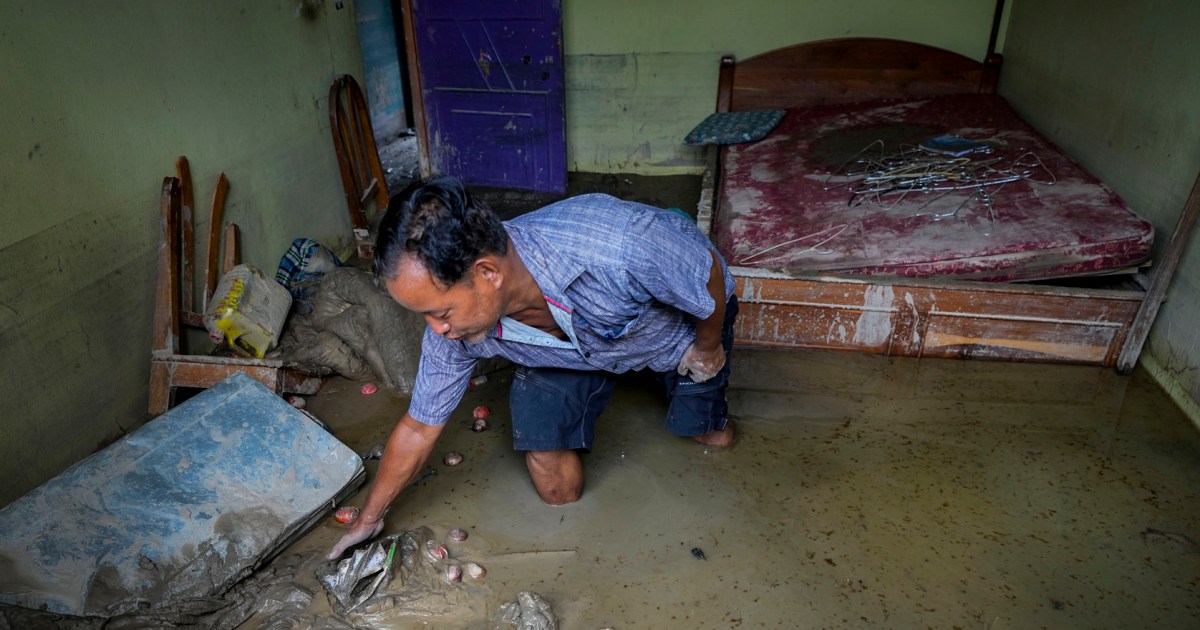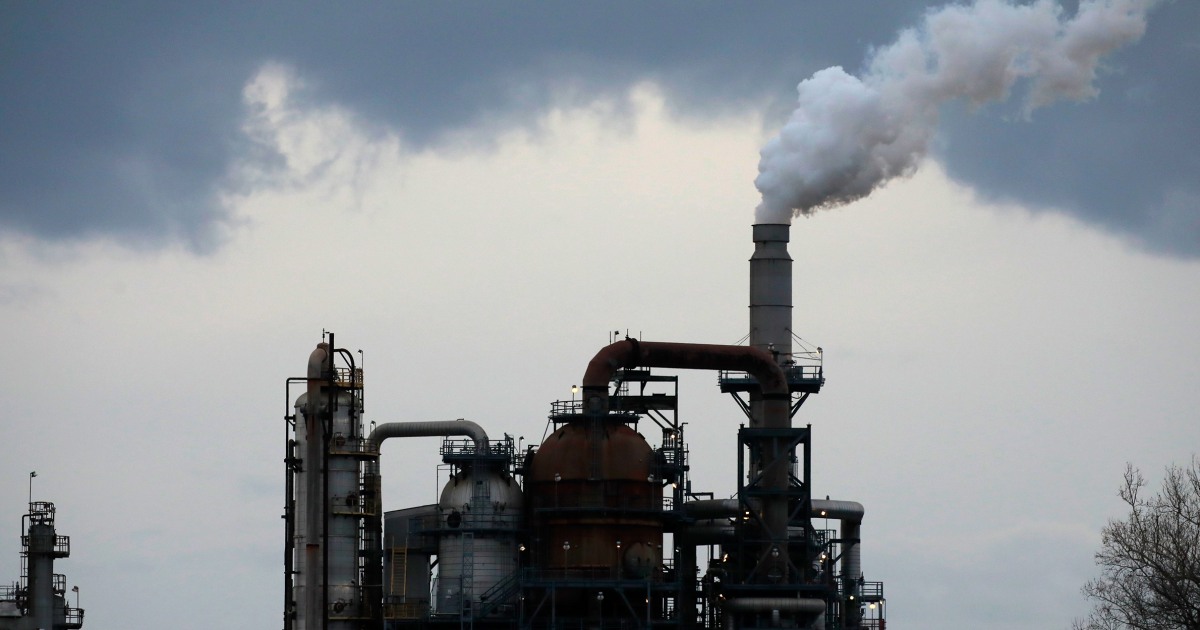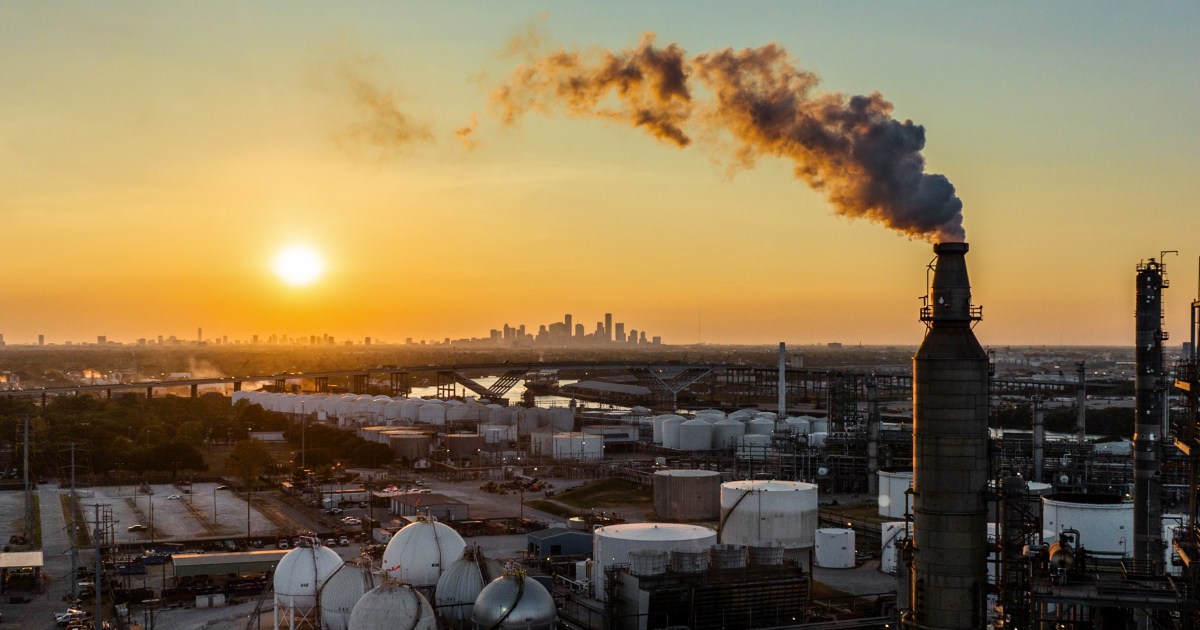
Local weather support to poor nations is dwindling at a time when growing nations face rising dangers from storms, floods, wildfires, drought, excessive temperatures and different environmentally-related local weather crises, in response to a report launched Thursday by the United Nations.
the report, Published by U.n. Environment programmeIt’s estimated that growing nations will want between $215 billion and $387 billion yearly this decade to take care of the realities of a warming world – a variety 10 to 18 occasions increased than what wealthy nations pledged in support in 2021, which is Final 12 months on the planet. What numbers can be found?
In response to the report, this hole in funding for local weather preparedness leaves the world uncovered.
“Lives and livelihoods are being misplaced and destroyed, and weak teams are struggling essentially the most,” UN Secretary-Normal António Guterres stated in an announcement. “Nevertheless, as wants rise, motion falters. At present’s report reveals that the hole in adaptation financing is the very best it has ever been. The world should take motion to shut the difference hole and obtain local weather justice.”
The evaluation was launched forward of the 2023 UN Local weather Change Convention, generally known as COP28, which will probably be held from November 30 to December 12 in Dubai. Local weather financing is predicted to be a part of the negotiations on the summit.
Financing to growing nations reached $21 billion in 2021, a 15% lower from the earlier 12 months. Because of this, the hole in financing for local weather adaptation and resilience is widening as wants rise sharply, the UN report says.
“We’re in an adaptation emergency. We should act prefer it. Take the mandatory steps to shut the difference hole now,” Guterres stated.
The report’s authors additionally present how international progress on adaptation is slowing fairly than accelerating in addressing the urgent threats posed by local weather change.
Arguments for rising local weather support to growing nations are rooted within the fundamentals of local weather justice. International locations which have traditionally launched the smallest share of greenhouse gasoline emissions liable for international warming are already disproportionately affected by rising sea ranges and different local weather crises.
Final 12 months, a separate UN report warned of the rising dangers that local weather change poses to human well being, infrastructure and the soundness of meals and water assets. Within the report, 270 scientists from 67 nations issued a stark message: pressing motion on local weather change is required to “safe a livable future.”
Final 12 months’s evaluation discovered that though local weather change will have an effect on each nook of the planet, individuals in Africa, Asia, South America and Central America are significantly weak.
“Any additional delay in concerted international motion will miss the chance for a brief, fast shutdown to safe a livable future,” Hans-Otto Portner, a local weather scientist and one of many authors of the 2022 report, stated on the time.



